The Qing Dynasty Declines, A Blind Taoist's Prophecy Comes True, The Content Is Terrifying
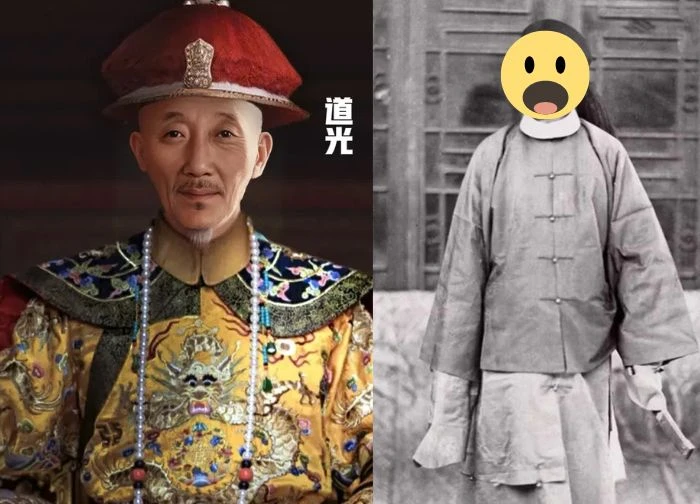
2 | 0 Discuss | Share
In Chinese history books, the story of 'nine sons seizing the throne' is not unfamiliar to many people. Accordingly, during the reign of Emperor Kangxi, he was considered a talented emperor but at the end of his life, he saw his sons fighting and harming each other for the throne.
Emperor Kangxi is hailed as one of the greatest emperors in Chinese history, credited with consolidating his dynasty, expanding his empire, and bringing peace. However, his final years were marred by tragedy as he witnessed a ruthless struggle for the throne between his own sons – an event known in history as the “Nine Sons Seizing the Throneâ€.
Kangxi had many princes, and although each had their own shortcomings, most of them were talented individuals who had been carefully educated since childhood. After the Crown Prince Yinreng was deposed, the vacant position of Crown Prince sparked a silent civil war, pushing the princes into a spiral of forming cliques and plotting against each other to compete for the most powerful inheritance in the world.
Folklore and false accusations: Did Yongzheng "usurp the throne"?
For hundreds of years, unofficial histories and folk tales have woven a dramatic scenario about how Yongzheng (the fourth prince Yinzhen) had unjustly "usurped the throne." According to the story, Kangxi wanted to pass the throne to his 14th prince Yinzhen, but Yongzheng, with the help of his prime minister Longkeda, falsified the emperor's will.
Specifically, the rumor is that Ung Chinh changed the will from "passing the throne to the fourteenth prince" to "fourth prince" - a heinous act if true. This story has been deeply ingrained in the subconscious of many generations, making Ung Chinh's image controversial, associated with the two words "usurpation".
Shocking archaeological discovery: Ancient "will" exonerates Yongzheng!
However, time and truth have finally spoken! Now, the original will of Emperor Kangxi has been found and published by archaeologists, officially proving that Emperor Yongzheng was completely innocent. Specifically, in the discovered will, the lines clearly state that Prince Yong (Yungzheng's title at that time), the fourth son, was the one designated to succeed the throne and become emperor. This not only puts an end to all rumors but also confirms that the fourth prince Yinzhen had legitimately ascended to the throne, in accordance with his father's will.
The will of Emperor Kangxi before his death was divided into three distinct parts. The first part was Kangxi’s philosophy of governing and working, reflecting the thoughts of a wise king. The second part contained the most detailed and important information, which was the selection of his successor: Prince Ung Than – the fourth prince, Yin Zhen. The third part was the regulations related to the emperor’s funeral and final arrangements.
Another key point that helped clear Yongzheng’s name was the Qing Dynasty regulation: the emperor’s will had to be drafted in both Chinese and Manchu. Thus, even if Yongzheng had attempted to falsify the Chinese will, it would have been extremely difficult, almost impossible, to change the successor’s name in the Manchu part without leaving any obvious traces or differences. This further confirmed the legitimacy of the original will that was found.
Yongzheng: A genius in governing the country, the one who laid the foundation for the "Kang Qian Prosperity"
To avoid disputes over the throne, Emperor Yongzheng established a transparent "Chinh Dai Quang Minh" system, with two copies of his will. This, along with Kangxi's original will, proved that his succession was completely legitimate.
The official history of the Qing Dynasty praised Yongzheng as the perfect choice: a talented, thrifty, and fiercely anti-corruption king. During his more than 10-year reign, he brought about a stable and prosperous life, laying the foundation for the "Kang Qian Prosperity" period that lasted nearly 150 years. The rumor that Yongzheng "usurped the throne" was a historical misunderstanding, unfair to this great and wise king. Now, the evidence is clear, affirming his worthy position.
What did Emperor Yongzheng do for 12 months? Nearly 300 years old painting reveals shocking truth! 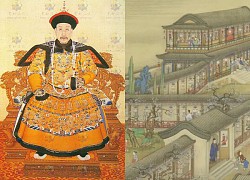 Minh Lợi11:59:24 07/05/2023It turned out that Emperor Ung Chinh's life in the palace was not boring. This is evidenced through the fun activities in the painting for nearly 300 years. What is that? In Chinese history, many emperors who were promiscuous and played around, such as Duong Hien Ton very much...
Minh Lợi11:59:24 07/05/2023It turned out that Emperor Ung Chinh's life in the palace was not boring. This is evidenced through the fun activities in the painting for nearly 300 years. What is that? In Chinese history, many emperors who were promiscuous and played around, such as Duong Hien Ton very much...

2 | 0 Discuss | Share
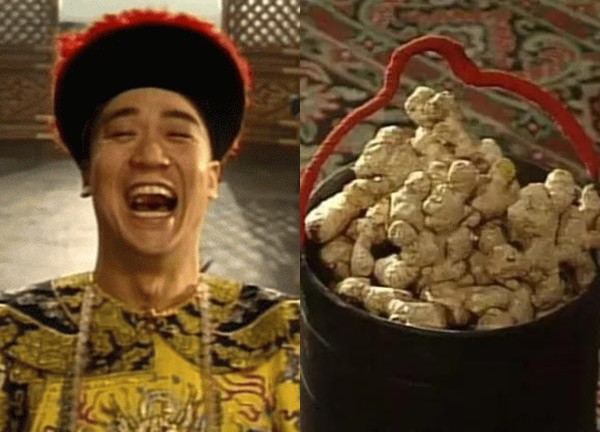
3 | 1 Discuss | Share
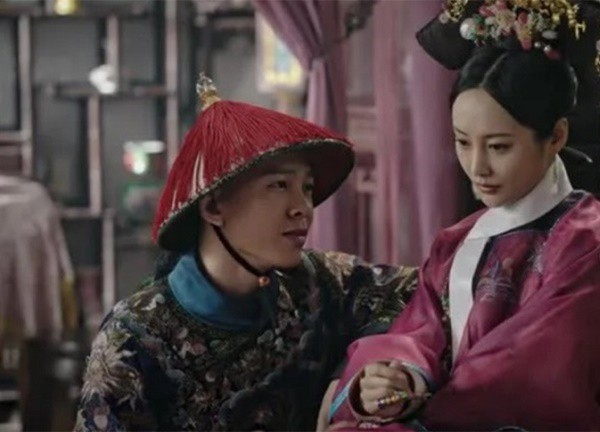
4 | 0 Discuss | Share
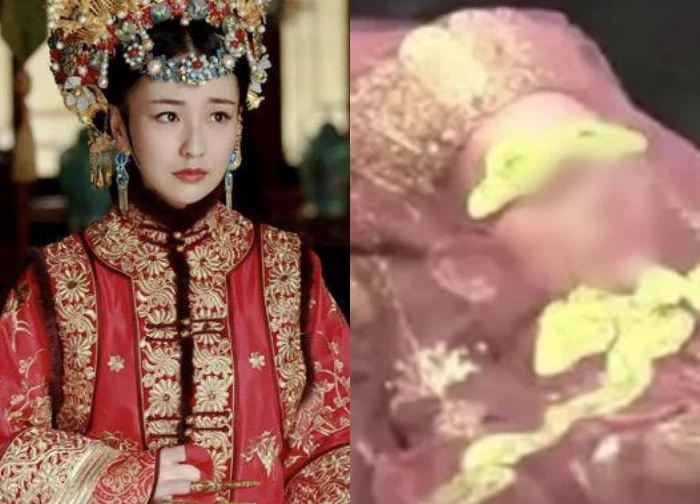
4 | 0 Discuss | Share
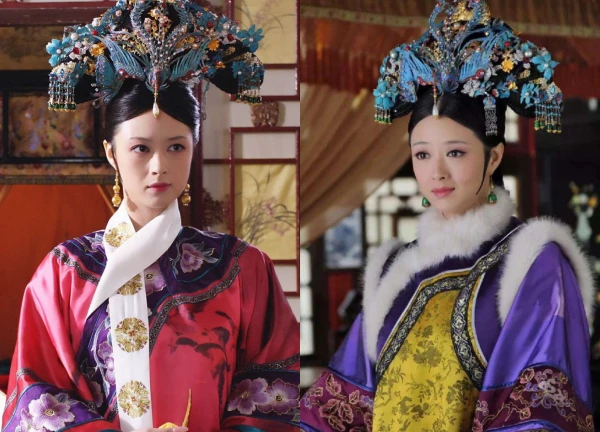
2 | 0 Discuss | Share
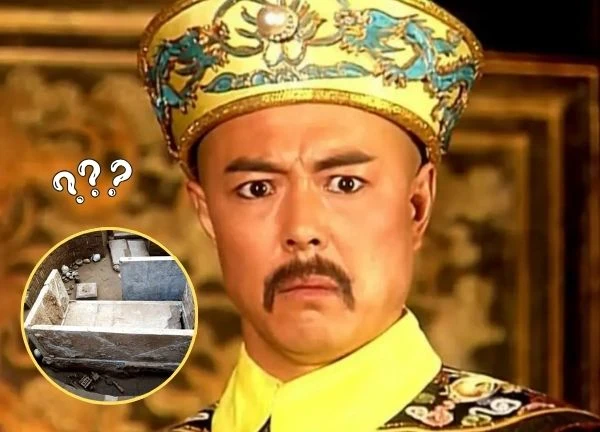
4 | 0 Discuss | Share
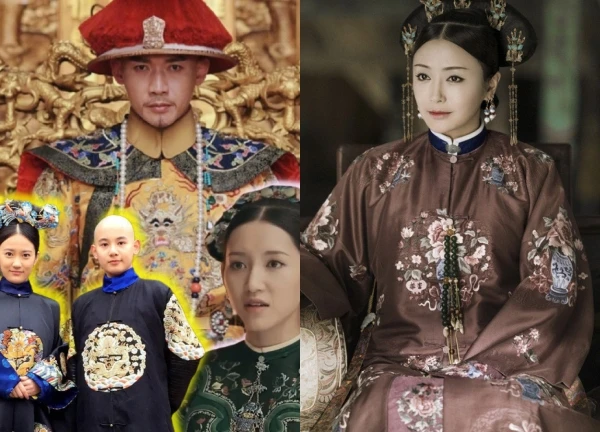
3 | 0 Discuss | Share
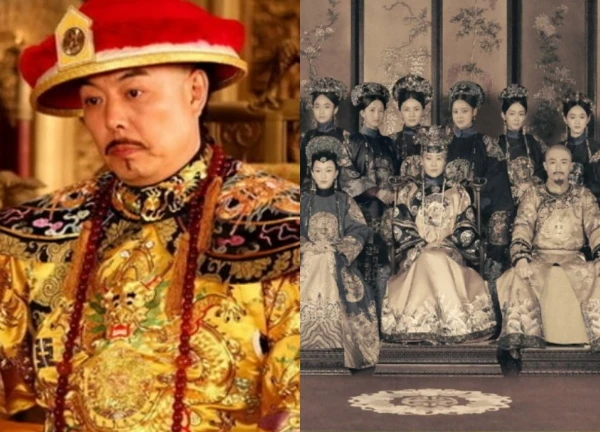
2 | 0 Discuss | Share
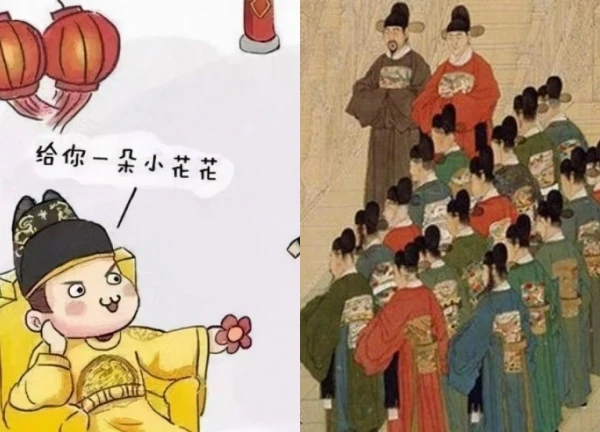
1 | 0 Discuss | Share
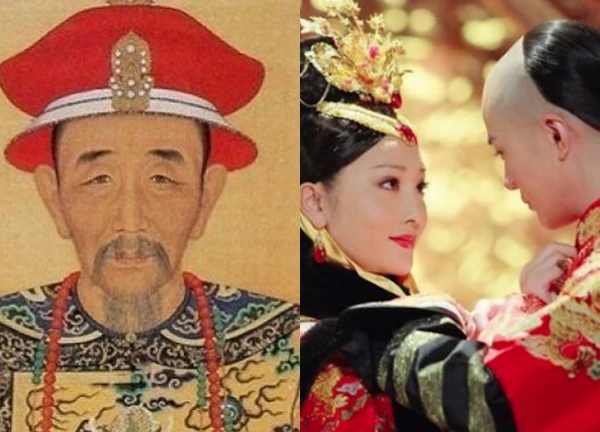
4 | 0 Discuss | Share
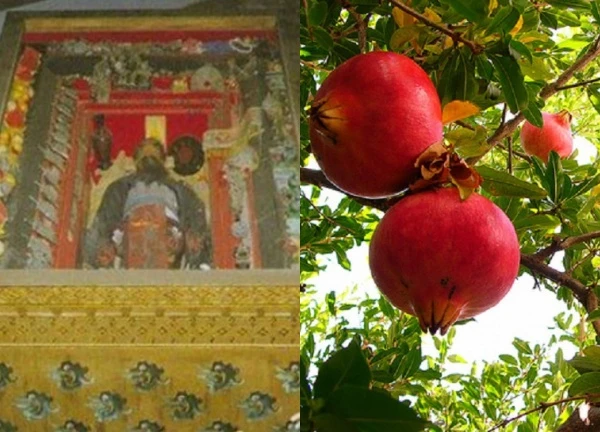
5 | 0 Discuss | Share
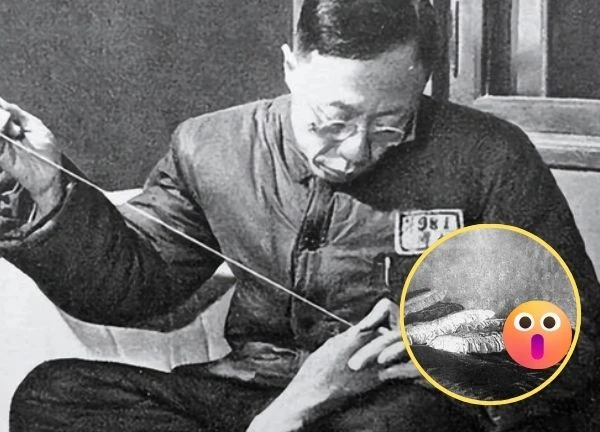
5 | 0 Discuss | Share


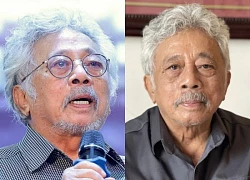
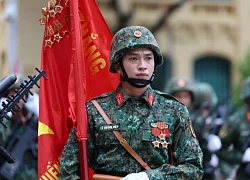






1 | 0 Discuss | Report